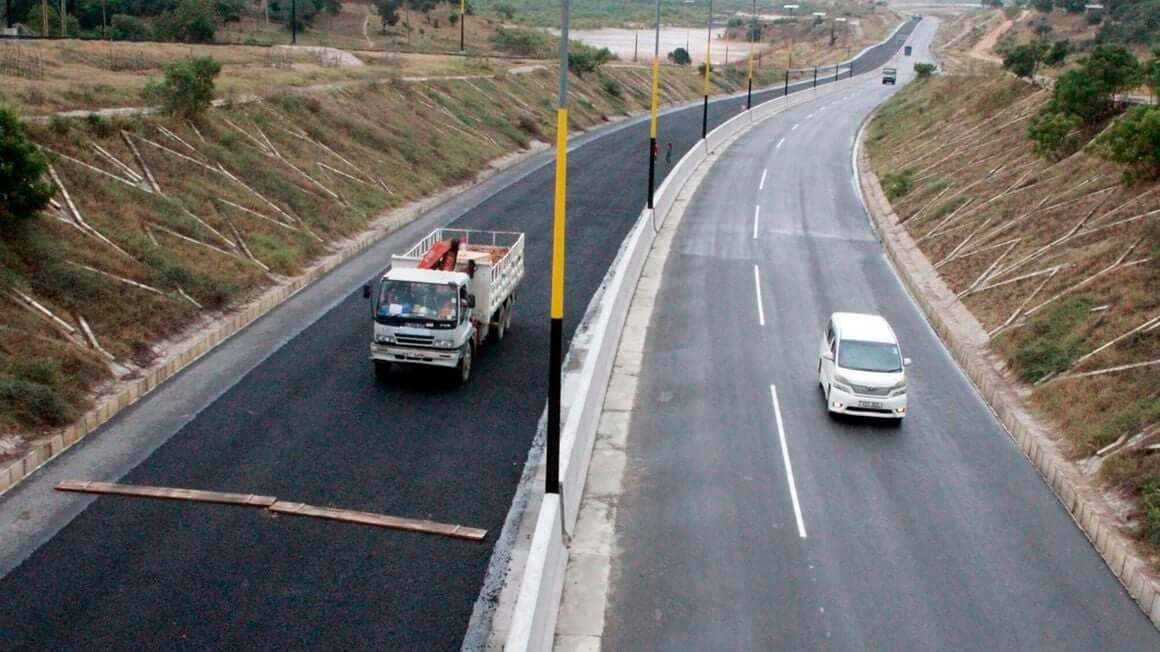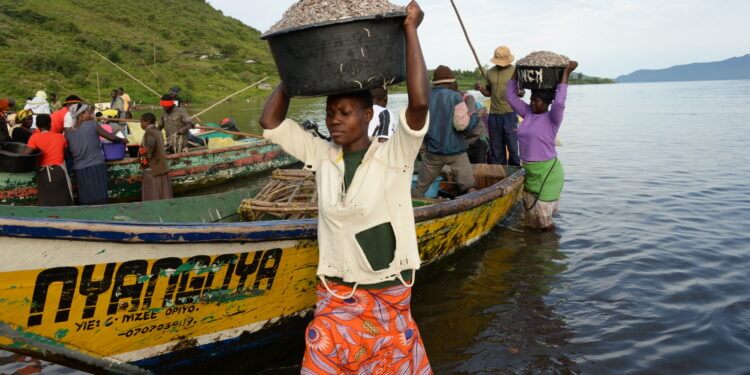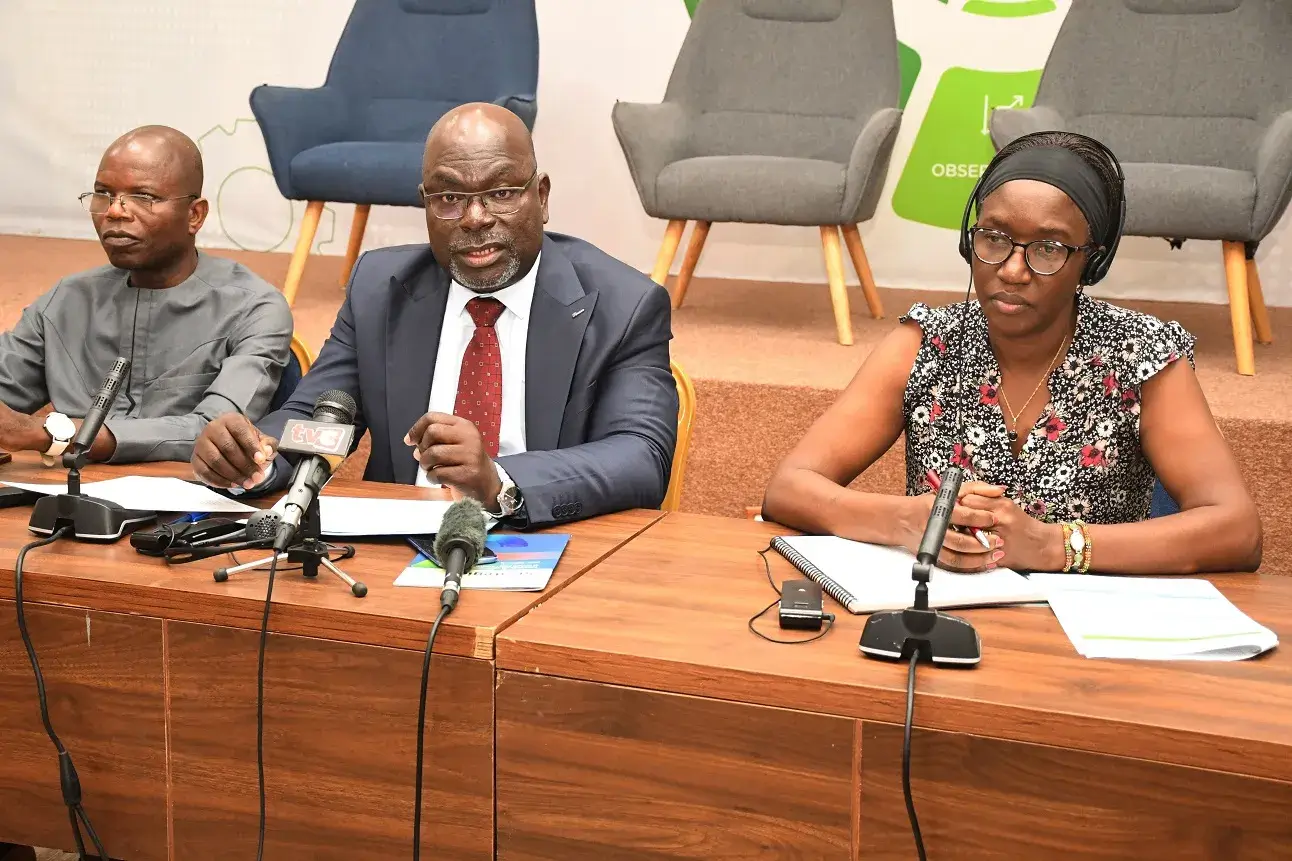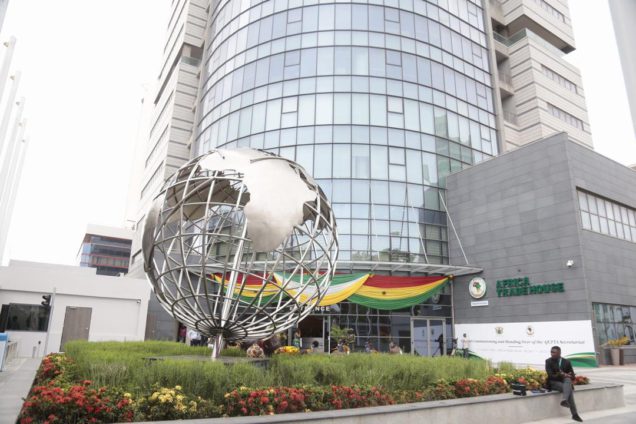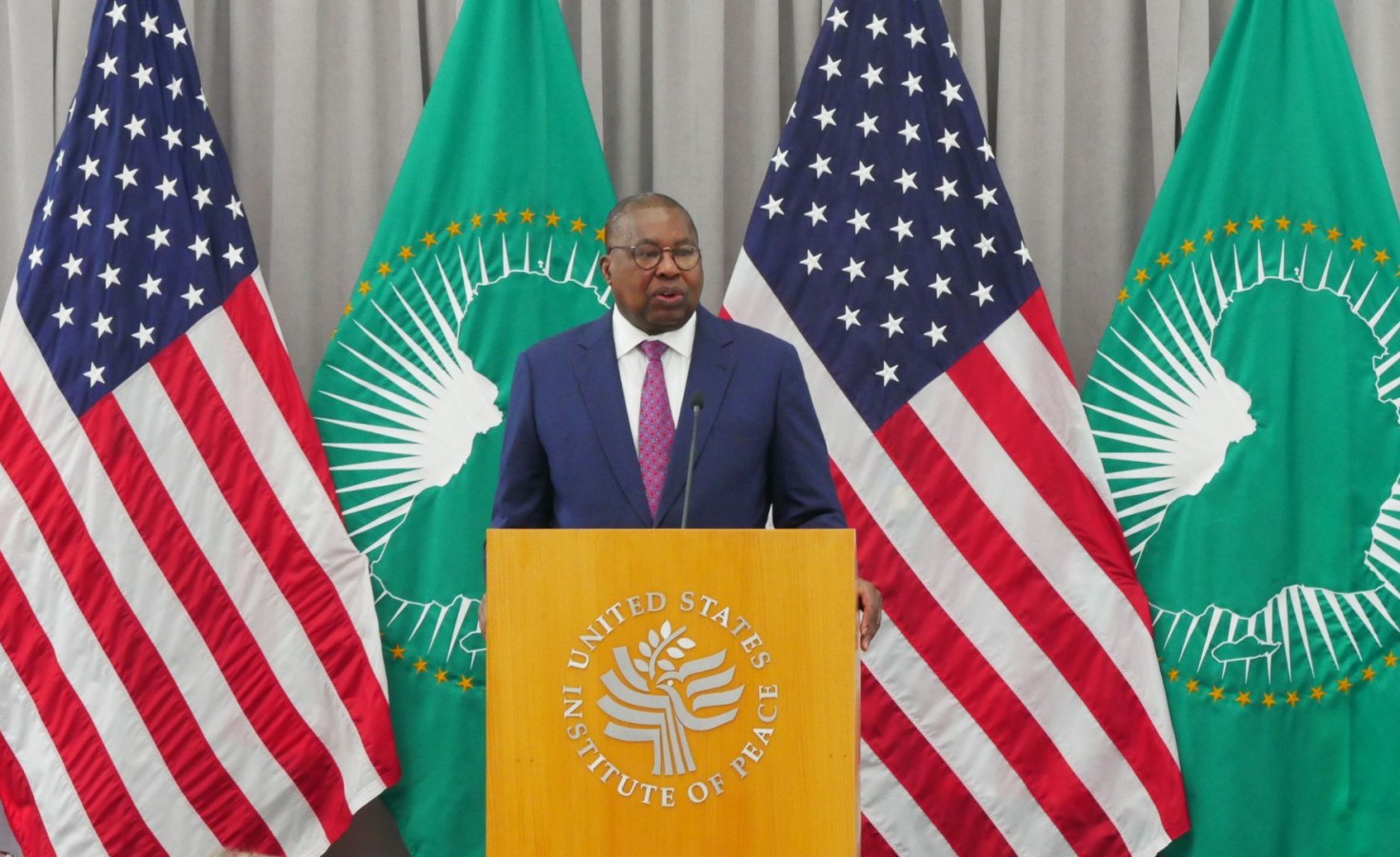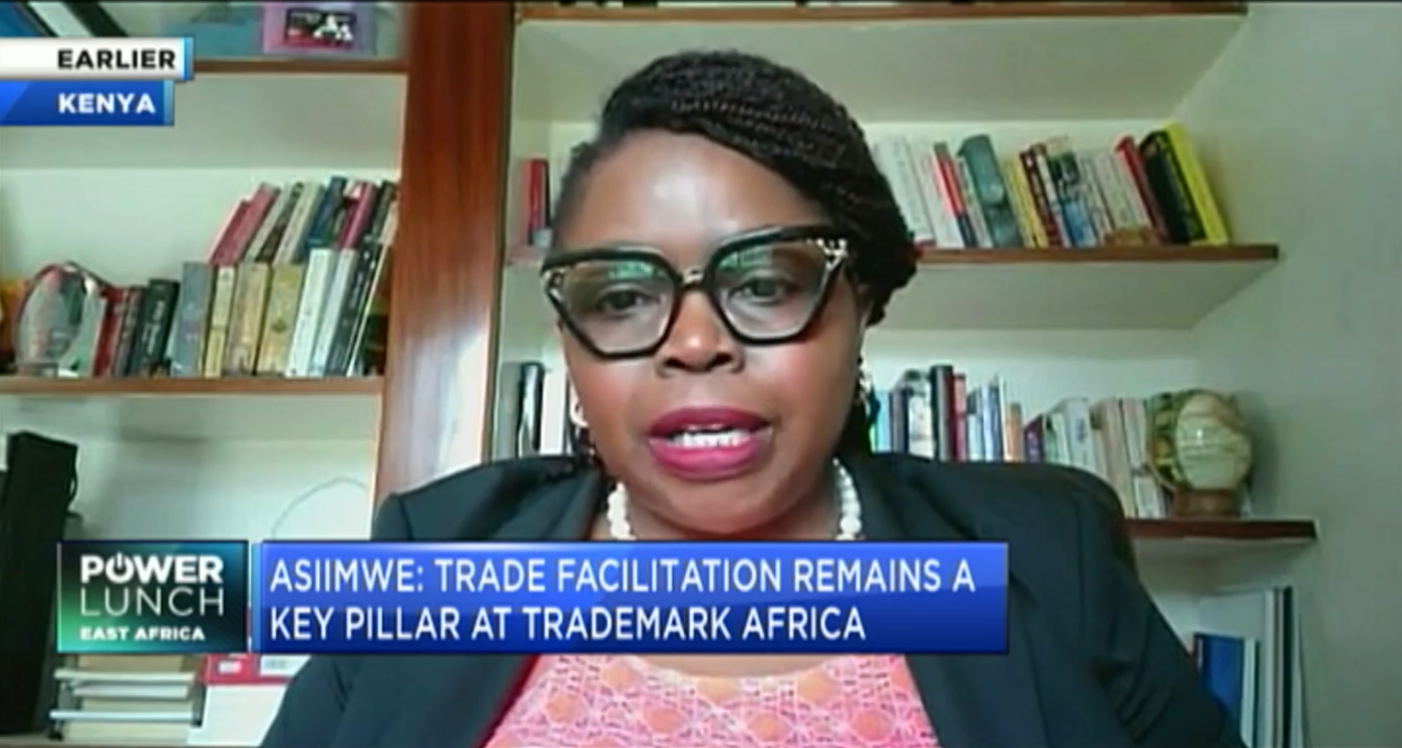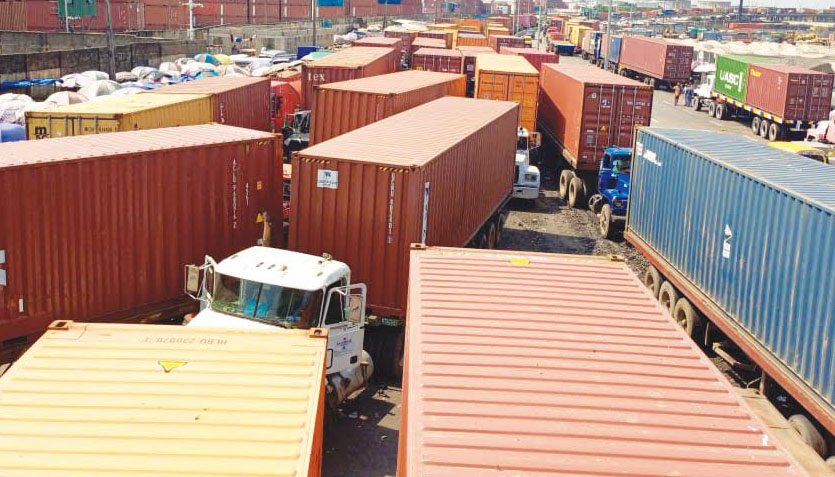The African Export-Import Bank (Afreximbank) has announced plans to significantly increase its financing for intra-African trade from $20 billion in 2021 to $40 billion by 2026. As a result, the Pan-African multilateral financial institution has committed $1 billion to support African nations in adapting to new trading conditions under the African Continental Free Trade Area (AfCFTA). Afreximbank is partnering with the AfCFTA Secretariat and the African Union Commission to ensure the successful implementation of this system. In addition, the lender will establish and operationalize this platform for facilitating intra-African trade. To enhance the effectiveness of African multilateral financial institutions, Afreximbank has launched AAMFI in collaboration with the African Union Commission. AAMFI aims to strengthen the continental financial framework and advance the AU’s Agenda 2063. Read original article
Afreximbank Doubles Down on Intra-African Trade
Posted on: August 16, 2024
Posted on: August 16, 2024


